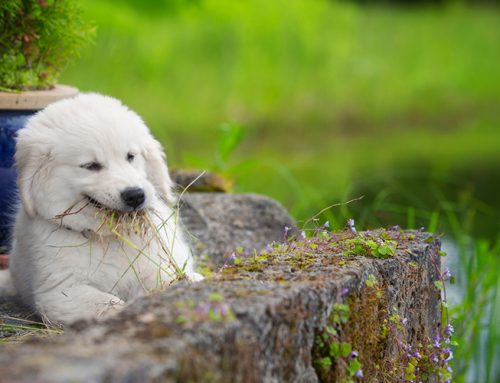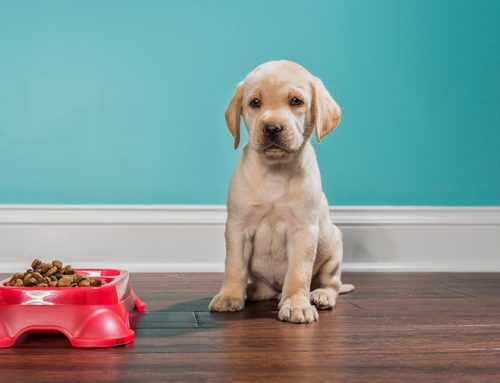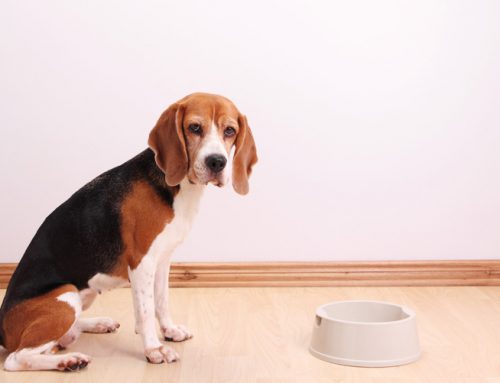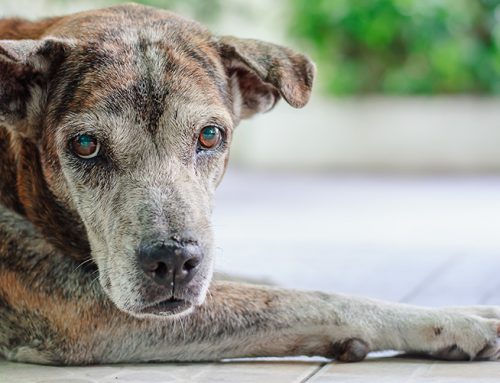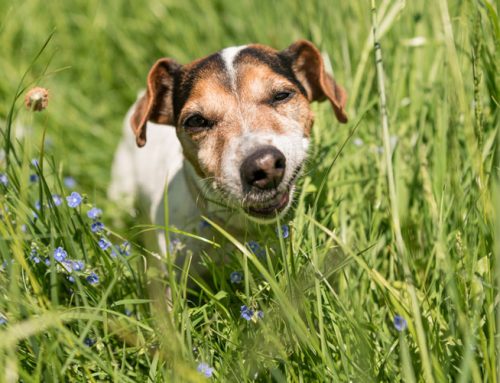My Senior Dog Keeps Eating Dirt. What Should I Do?
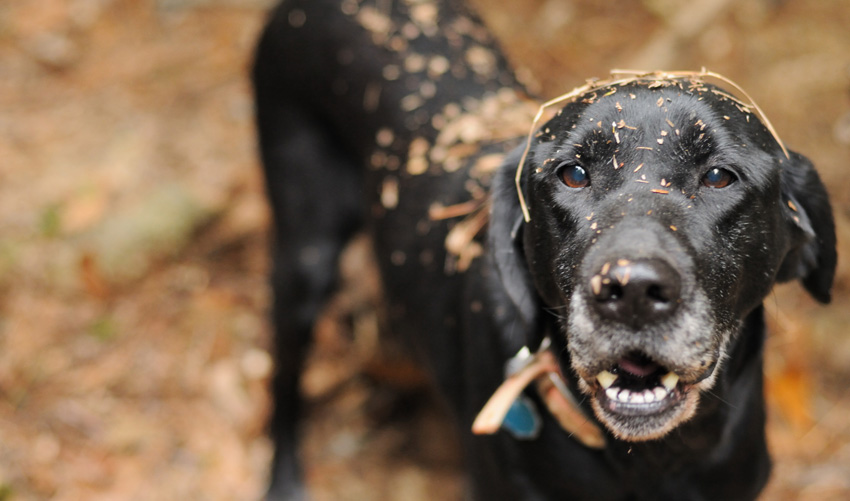
Dogs sometimes eat things we’d rather they didn’t. Poop, for example. Other dogs develop pica, an eating disorder that causes people, and sometimes animals, to eat things not normally considered food, like coins or small toys or grass.
Senior dogs are more prone to medical conditions like poor eyesight or a diminishing sense of smell. They can also develop dementia, which makes them confused and anxious and can result in some unexpected and unusual changes in behavior — like eating dirt.
There are non-medical reasons your dog might be eating dirt:
It’s tasty
There is a bone or treat in the dirt
The dirt contains compost waste (so delicious!)
Your dog is bored
It’s a bad habit they’ve developed
Some dogs eat dirt their whole lives (if your senior dog is a recent rescue, the behavior might just be new to you)
It learned behavior from watching another dog
What are the Risks of my Dog Eating Dirt?
A little bit of dirt consumption is unlikely to cause any long-term serious issues. Of course, the dirt could contain bacteria, parasites, or viruses. If it’s mixed with compost, it might contain moldy food. Sometimes dirt can contain fertilizers or pesticides you don’t want your dog ingesting.
The American Kennel Club (AKC) warns that a dog that eats a large amount of dirt is at risk of an impacted intestine, which can lead to surgery.
“Depending on the dirt, dental damage or wear could also be a concern,” says veterinarian Laurie S. Coger in an article for the AKC titled Why Does My Dog Eat Dirt?
Many senior dogs already suffer from dental decay, so biting down on a hard rock or stick could cause a tooth to fracture. Or, a sharp stick could hurt the inside of a dog’s mouth. Once in the digestive tract, a stick or sharp rock can puncture a dog’s throat, intestine, or stomach.
If your dog is eating dirt, try to keep an eye on him or her and discourage the behavior by distracting your dog with a treat or toy. If your dog is small enough, you can simply lift him or her away from the snack pile.
Why is my Dog so Interested in Eating Dirt?
Your dog may be instinctively looking for minerals or vitamins missing from its diet
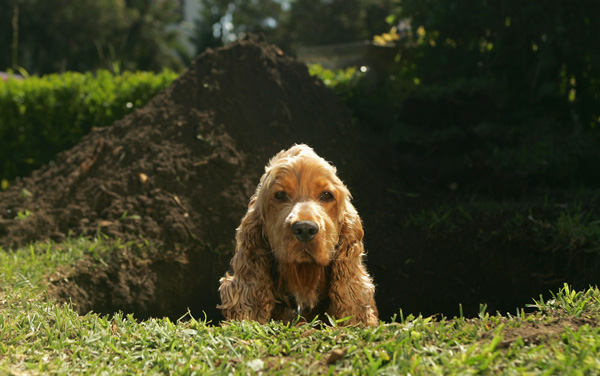
Dirt is full of minerals, and if your dog is lacking those, it might be trying to satisfy a craving by eating dirt.
Vet Peter Dobias suggests that indigestion and eating soil can be caused by vitamin deficiencies (B complex or B12) or a disrupted intestinal flora.
If the behavior is new, it might be time to beef up your dog’s nutrients by adding some pre and probiotics and some additional vitamins. Dogs with anemia may also try eating dirt to satisfy that iron deficiency.
Another way to make sure that your dog is getting enough nutrients is to buy them a food specifically formulated for seniors that is also labeled “complete and balanced”.
This means that the food has met the nutrient guidelines put forth by the Association of American Feed Control Officials. However, senior dogs may need some additional supplements, as official guidelines are only set for growth (puppies) and adult dogs. There are no specific standards for senior dogs. Raw dog food also contains vitamins and minerals that your dog might be missing out on.
Your senior dog might have an upset stomach or constipation
If the behavior is new and limited, it’s possible your dog is trying to find a way to soothe its upset tummy. Sometimes dogs try to take care of themselves by eating dirt or grass. Not every dog throws up when it eats grass, but yours might be consuming clumps of dirt and grass in order to vomit whatever is bothering it or to get its digestive system moving.
Upset stomachs can be caused by all sorts of things:
Allergies
Food sensitivities
Change in diet
Reaction to medication
Bacteria
Parasite
Virus
Eating something from the trash or sidewalk
If you’ve ruled out any or all of these and your dog continues to eat dirt, your vet’s advice is going to be required. You can also try adding some fiber to your dog’s meal if it is otherwise eating normally.
Check for serious medical conditions
If you can’t tempt your dog away from eating dirt, talk to your vet about getting tested for more serious conditions including:
Hypothyroidism
Pancreatitis
Addison’s disease
Cushing’s disease
Inflammatory bowel disease
Parasites
Obsessive-compulsive disorder
The Pet Health Network says that if your dog has been eating dirt and your pet’s gums look pale or jaundiced, book a vet appointment right away.
Treating any underlying conditions may result in your dog no longer being interested in dirt eating.
Find activities to stimulate your dog’s brain in case boredom is causing dirt eating
It can be tough to convince elderly dogs to get some exercise. They may have sore or stiff joints and spend longer periods of time asleep. As long as your vet approves, make sure your dog is getting an age and mobility appropriate amount of activity to help stimulate its brain.
It’s possible dogs eat dirt because they are bored, and some physical exertion can help. There are also lots of toys that even senior dogs enjoy that force them to think in order to access a treat. Try teaching your senior dog a new trick or practice one it knows well a few times a day to keep its brain active.

